The Shipping Industry in Nigeria: Driving Trade and Economic Growth
The shipping industry is a vital component of Nigeria’s economy, enabling the import and export of goods and facilitating global trade connections. With its extensive coastline along the Gulf of Guinea and strategic location in West Africa, Nigeria serves as a regional hub for maritime commerce. The industry supports key sectors such as oil and gas, agriculture, and manufacturing, contributing significantly to the country’s GDP.
This article explores the current state of the shipping industry in Nigeria, its challenges, opportunities, and how businesses like Wigmore Trading support its growth.
Overview of Nigeria’s Shipping Industry
Significance of the Industry
- Trade Backbone: Over 90% of Nigeria’s trade is conducted via maritime transport, making the shipping industry essential for the economy.
- Energy Exports: As Africa’s largest oil producer, Nigeria’s shipping sector plays a critical role in transporting crude oil and liquefied natural gas (LNG) to global markets.
- Employment Generation: The shipping industry creates jobs across multiple sectors, including port operations, logistics, and shipbuilding.
Key Ports in Nigeria
Nigeria has several ports that facilitate trade, including:
- Apapa Port (Lagos): The busiest port in Nigeria, handling containerized and general cargo.
- Tin Can Island Port: Known for its focus on vehicle imports and other bulk goods.
- Onne Port (Rivers State): Supports oil and gas operations with specialized facilities.
- Calabar, Warri, and Port Harcourt Ports: Serve specific regional markets and industries.
Major Sectors Supported by Shipping
1. Oil and Gas
- Crude Oil Exports: Nigeria relies on shipping to export approximately 1.5 million barrels of crude oil daily.
- Offshore Operations: Specialized vessels, including offshore supply ships and FPSOs (Floating Production, Storage, and Offloading units), are integral to the industry.
2. Agriculture
- Export Commodities: Cocoa, cashews, and palm oil are transported via shipping to international markets.
- Import Needs: Fertilizers and agricultural machinery are imported to boost productivity.
3. Manufacturing
- Raw Materials: Nigeria imports machinery, chemicals, and industrial inputs through shipping to support local manufacturing.
- Finished Goods: Consumer products and electronics enter the Nigerian market via container shipping.
Challenges Facing Nigeria’s Shipping Industry
1. Port Congestion
Major ports, particularly in Lagos, face severe congestion due to high cargo volumes and limited infrastructure, leading to delays and increased costs.
2. Regulatory Hurdles
Bureaucratic inefficiencies and evolving trade policies create challenges for importers and exporters navigating the shipping process.
3. Inadequate Infrastructure
Aging port facilities, limited storage capacity, and poor road networks hinder efficient cargo handling and transportation.
4. Security Risks
Piracy and maritime crime in the Gulf of Guinea pose threats to vessels and cargo, impacting insurance costs and shipping timelines.
Opportunities in Nigeria’s Shipping Industry
1. Expansion of Ports
Projects like the Lekki Deep Sea Port aim to alleviate congestion and improve Nigeria’s cargo handling capacity.
2. Regional Trade Growth
The African Continental Free Trade Area (AfCFTA) agreement presents opportunities for increased trade between Nigeria and neighboring countries.
3. Technology Adoption
Digitization of port operations and the use of advanced tracking systems can enhance transparency and efficiency.
4. Green Shipping Initiatives
Investments in eco-friendly vessels and renewable energy-powered port facilities align with global trends and sustainability goals.
How Wigmore Trading Supports Nigeria’s Shipping Sector
Wigmore Trading provides comprehensive solutions to address the challenges of Nigeria’s shipping industry. Here’s how we assist:
1. Efficient Logistics Services
We streamline the shipping process by coordinating freight forwarding, customs clearance, and cargo handling, ensuring timely delivery of goods.
2. Expertise in Trade Compliance
Our team stays updated on Nigerian trade regulations, helping businesses navigate customs processes and avoid delays.
3. Security Solutions
We work with security partners to protect cargo from piracy risks, ensuring safe passage through high-risk areas.
4. Warehousing and Distribution
Our integrated logistics network supports efficient storage and last-mile delivery of goods.
Future Outlook for Nigeria’s Shipping Industry
With ongoing investments in infrastructure, increased trade agreements, and technology adoption, the future of Nigeria’s shipping industry looks promising. Key developments to watch include:
- Completion of Lekki Deep Sea Port: Expected to boost capacity and reduce congestion at existing ports.
- Expansion of Offshore Oil Operations: Greater reliance on shipping for logistics support.
- Growth of Intra-African Trade: New opportunities under AfCFTA.
Conclusion
The shipping industry in Nigeria is a critical driver of economic growth, enabling trade and supporting vital industries such as oil, agriculture, and manufacturing. While challenges like port congestion and security risks persist, investments in infrastructure and technology are paving the way for a more efficient and sustainable maritime sector.
Wigmore Trading is committed to supporting businesses in navigating Nigeria’s shipping landscape with expert logistics solutions. Contact us today to learn how we can enhance your shipping operations.


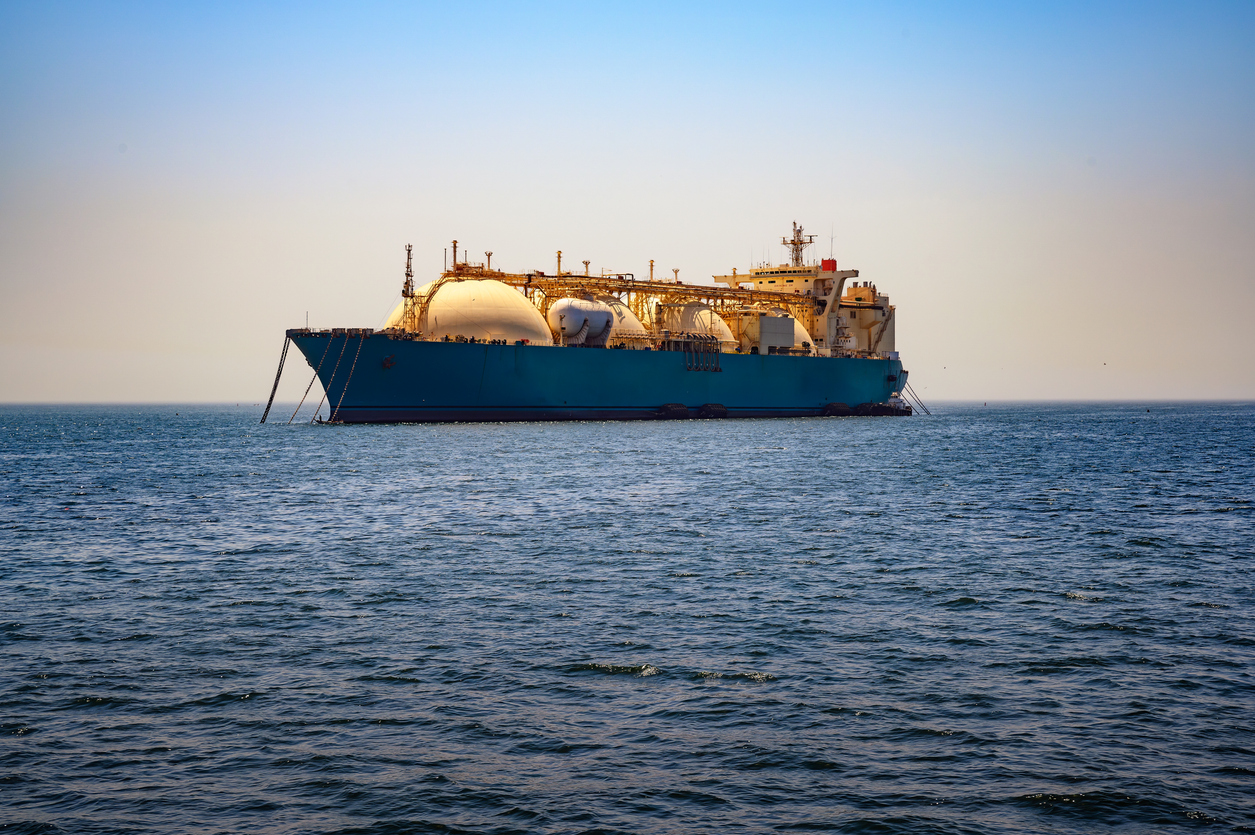
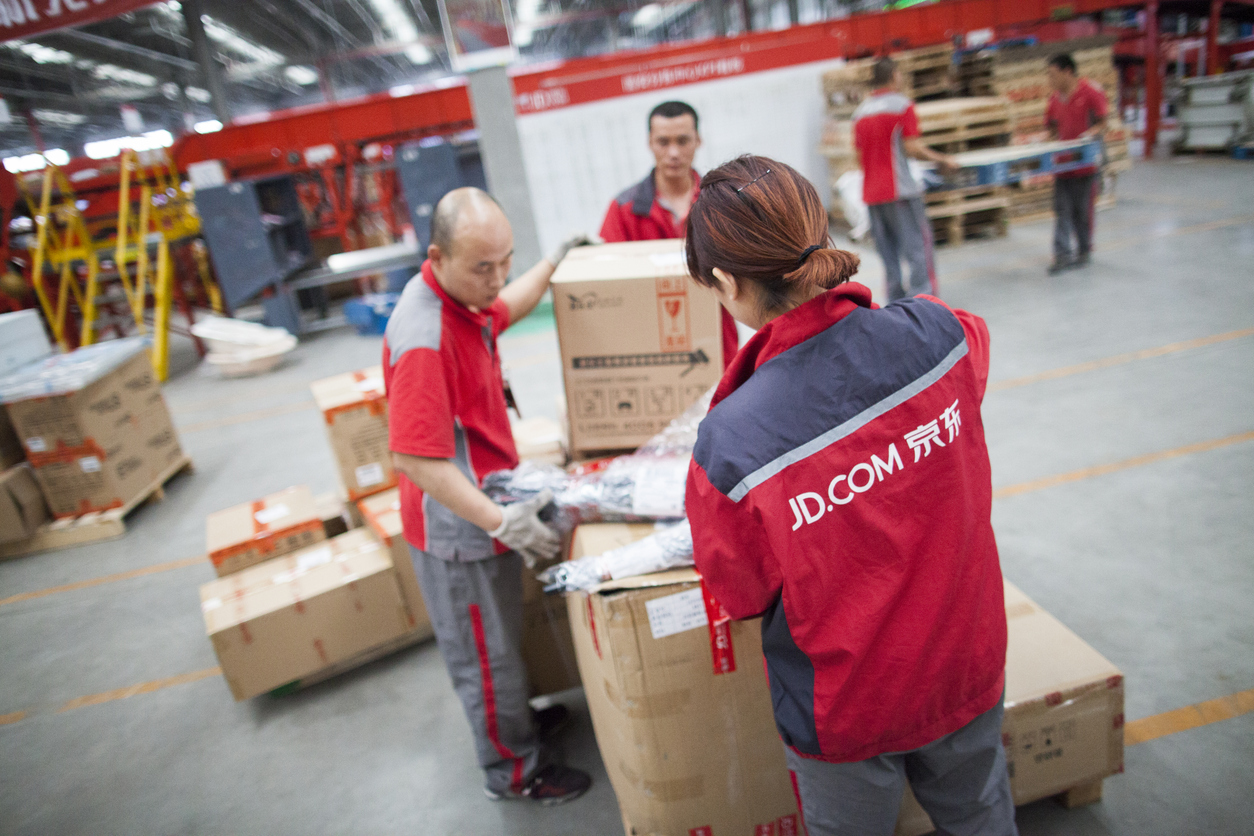
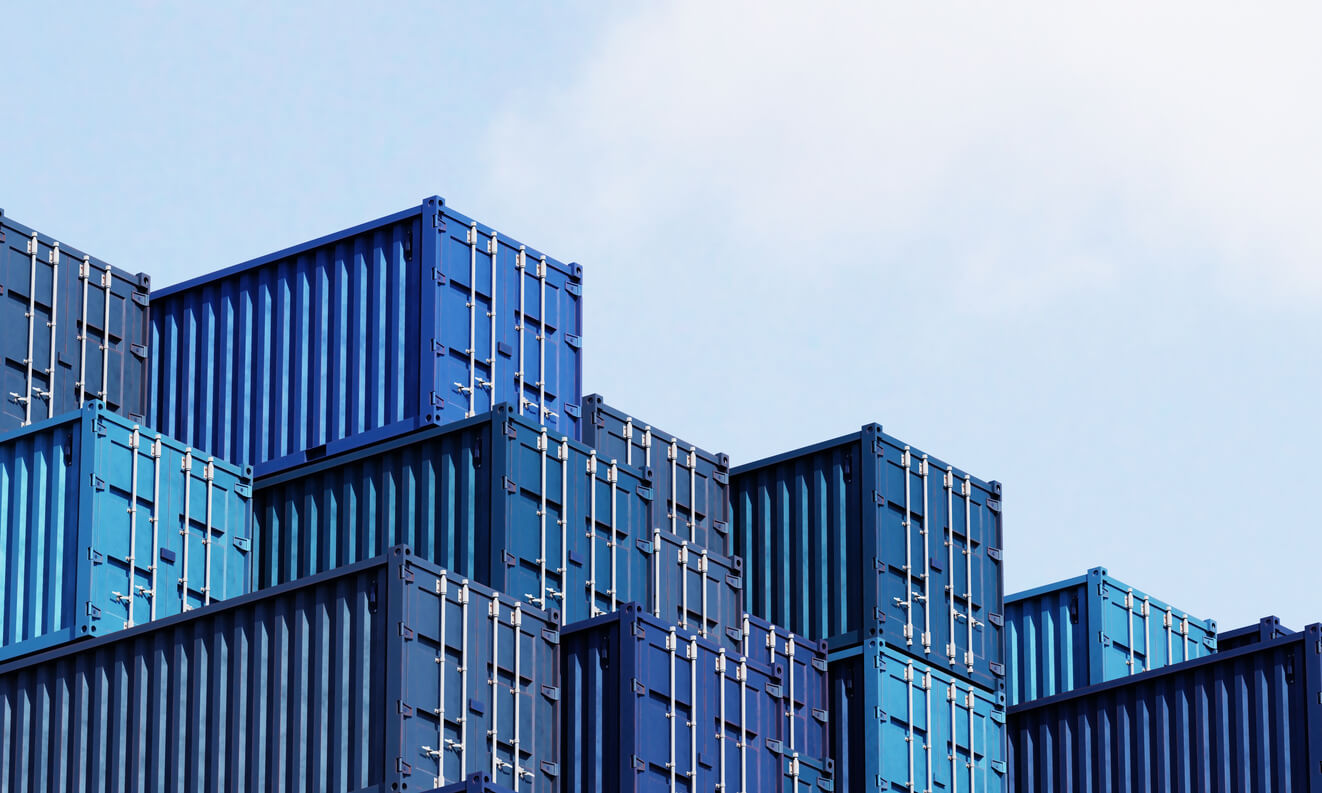
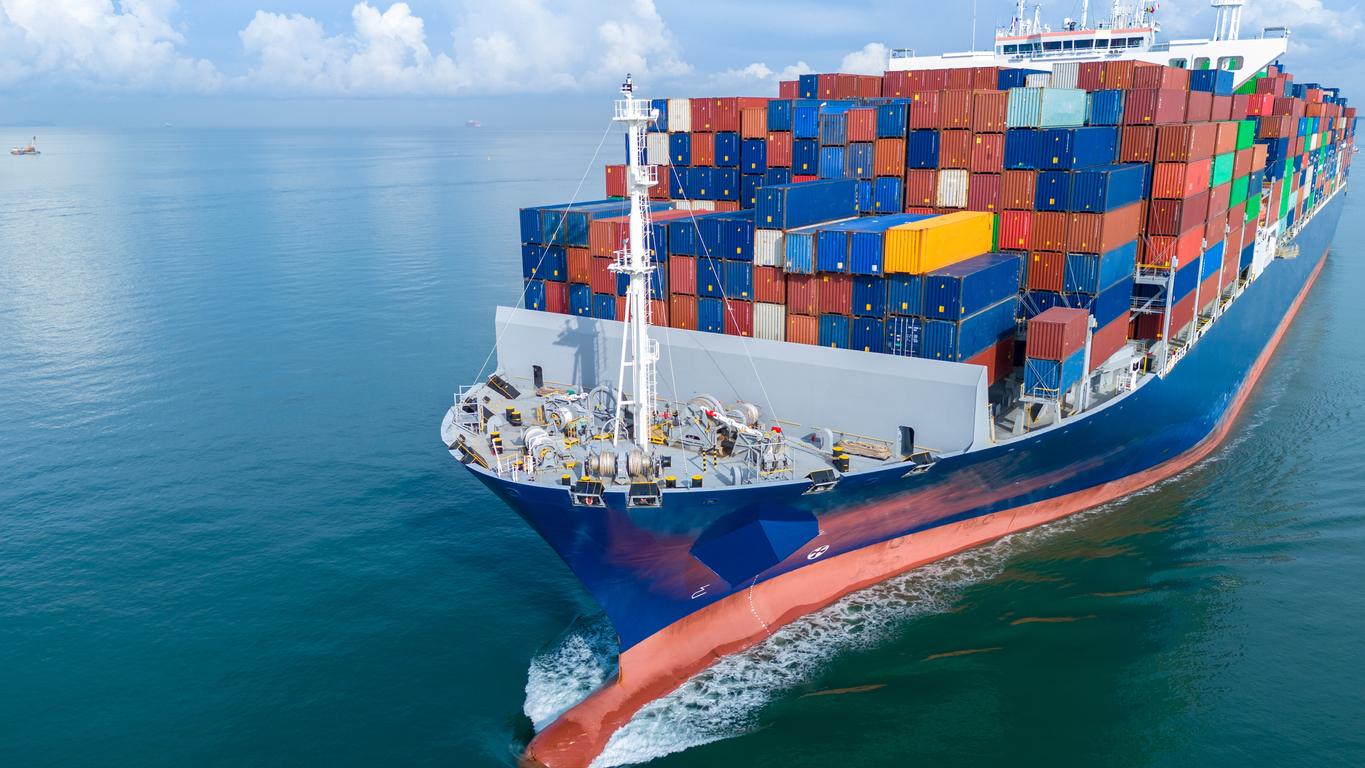

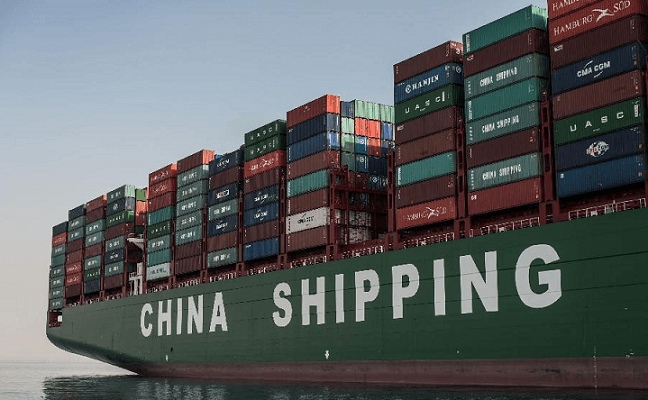
Comments are closed.